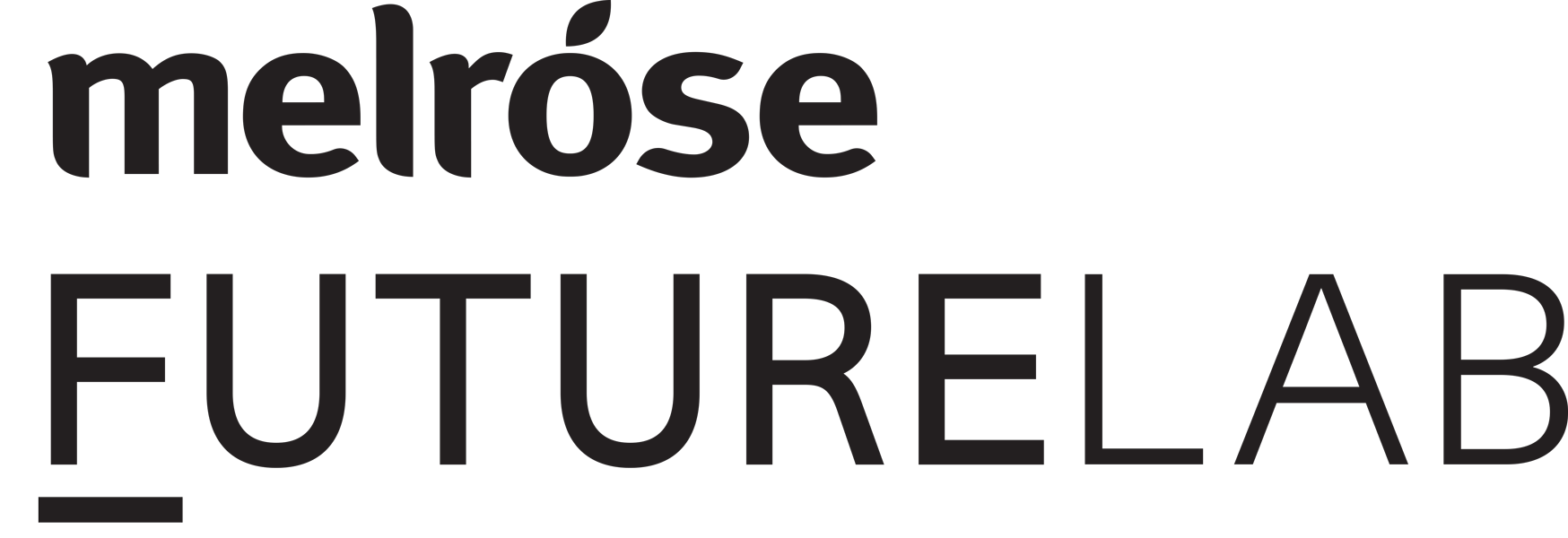It's widely known that certain nutrients are exclusive to animal products, but did you realise that even when these nutrients are present in plants, they might not be as easily absorbed by your body in plant form?
Let’s explore the essential nutrients that are only found in animal products and why they are crucial for optimal health. From vitamin B12 to omega-3 fatty acids, we’ll look at why plant-based diets might be deficient in certain nutrients, or why these nutrients may be less bioavailable to your body when sourced from plants. Furthermore, explore the potential consequences of these nutrient deficiencies.
IRON
Iron is a nutrient found in every cell of the body and is needed to for DNA synthesis (think healthy cell replication) and to carry oxygen around the body (think energy). It's a key player in preventing iron-deficiency anemia and ensuring optimal blood oxygen levels. Deficiencies can show up as fatigue, exhaustion, hair loss, leg cramps (especially at night) and feelings of cold.
Iron exists in foods in two forms: heme iron and non-heme iron. Haem iron, found exclusively in animal products, is more easily absorbed (bioavailable, there’s that word again!) by the body compared to non-haem iron found in plant foods. This is due to the polyphenols and phytates in plant foods bonding to the non-heme iron, making it unavailable for uptake.
Phytates in plant foods can reduce the bioavailability, which is the ability of having nutrients intact and ready for your body to absorb easily. This can occur for many nutrients, but in particular minerals, such as zinc and iron, with one review illustrating that high-phytate diets play a major role in iron and zinc deficiency (2).
Zinc
Zinc may be small, but it’s mighty in its immune-boosting powers. While plant sources provide it too, animal products like beef, pork, and shellfish offer it in a more readily absorbed form, as mentioned above. Zinc deficiency can be varied in symptoms, but can include loss of appetite, white spots on nails, hair loss and brain fog. So, make sure to include some of these zinc-rich goodies in your diet for that extra immune support.
B12
Vitamin B12. This little powerhouse plays a crucial role in red blood cell production, maintenance of the nervous system, growth and DNA synthesis. While fortified plant-based sources exist, nothing beats the natural, bioavailable form found in animal products like meat, fish, eggs, and dairy. A deficiency in B12 can lead to fatigue, weakness, and even nerve damage, so it’s definitely not something to skimp on.
Vitamin D3
Vitamin D is needed for the absorption and functioning of calcium. This means healthy bones, teeth, and muscles. But did you know that it is also a hormone? Helping to enhance effects on the immune system, the cardiovascular system, the endocrine system, and other metabolic pathways, with evidence that it has also a role in depression, pain, and cancer.
While our bodies can produce vitamin D when exposed to sunlight, many of us fall short, especially during winter months. In fact, in Southeastern Australia, from March to October our ability to make Vitamin D is pretty much non-existent due to the trajectory of the sun. Luckily, animal products like fatty fish, egg yolks, and liver are rich sources of vitamin D3, helping to keep our bones strong, our immune systems robust, and our moods bright and sunny (1).
Omega-3 Fatty Acids
Omega-3 fatty acids are the superheroes of heart health. While you can find plant-based sources of omega-3s like flaxseeds and walnuts, animal products like fatty fish reign supreme in delivering the most bioavailable forms of these essential fats: EPA and DHA. Omega-3s are critical for cognitive function, reducing inflammation, and supporting cardiovascular health, making them a must-have in any well-rounded diet.
Amino Acids and Protein
Creatine
Now, let’s talk about creatine. You’re not alone if you link creatine to bodybuilding, but its benefits aren’t just for gym buffs. Creatine is an amino acid and natural compound found in animal muscle tissue that plays a key role in energy production, particularly during short bursts of intense activity. While our bodies (specifically in the liver and kidneys) produce some creatine on their own, getting it from animal sources like meat and fish can give us an extra boost, both mentally and physically.
Carnosine
Carnosine is another amino acid and superhero only found in animal products. This powerful antioxidant helps protect our cells from oxidative stress and may even have anti-aging effects. Carnosine is primarily found in meat, with higher concentrations in red meat like beef and lamb.
Taurine
This amino acid is abundant in animal tissues, particularly meat and seafood, and plays a crucial role in various bodily functions, including heart health, vision, and bile salt formation (think optimal digestion).
While our bodies can produce taurine on their own, getting it from animal sources ensures an ample supply to support optimal health.
Complete Protein
Last but not least, complete protein. If you get confused about all the different protein talk, you’re not alone. So, I’ll try and break it down quickly for you. Proteins are made up of amino acids (like the ones mentioned above, creatine, carnosine, and taurine). Our bodies can make all but 9 of the 20 amino acids. These 9 are called essential amino acids as it is essential that we get them from our diet. Complete proteins contain all 9, otherwise they are incomplete proteins. Most plant sources, apart from Hemp, Quinoa and Soy, are incomplete.
Animal products on the other hand, offer the complete package of all the essential amino acids our bodies need to facilitate physiological integrity and vitality.
Whether it’s beef, chicken, fish, or eggs, incorporating animal-based proteins into your diet ensures that you’re getting all the building blocks necessary for muscle repair, hormone production, and overall growth and development.
Conclusion
As you can see, the importance of animal-derived nutrients in promoting optimal health is food for thought. While recognizing the benefits of plant-focused diets, it’s important to acknowledge the unique value of animal products in providing essential, bioavailable nutrition (3). Whether one follows a strictly carnivorous diet or leans towards flexitarianism, incorporating these animal-based nutrients into one's eating habits promotes long-term health and vigour.
Written by, Lyndall Wright
REFERENCES
1.Ellison, D. L., & Moran, H. R. (2021). Vitamin D: Vitamin or Hormone?. The Nursing clinics of North America, 56(1), 47–57. https://doi.org/10.1016/j.cnur.2020.10.004
2.Gibson, R. S., Raboy, V., & King, J. C. (2018). Implications of phytate in plant-based foods for iron and zinc bioavailability, setting dietary requirements, and formulating programs and policies. Nutrition Reviews, 76(11), 793-804. https://doi.org/10.1093/nutrit/nuy028
2.Neufingerl N, Eilander A. Nutrient Intake and Status in Adults Consuming Plant-Based Diets Compared to Meat-Eaters: A Systematic Review. Nutrients. 2021 Dec 23;14(1):29. doi: 10.3390/nu14010029. PMID: 35010904; PMCID: PMC8746448




Leave a comment
This site is protected by hCaptcha and the hCaptcha Privacy Policy and Terms of Service apply.